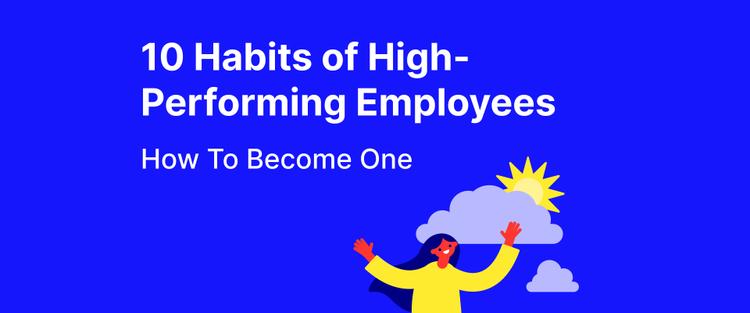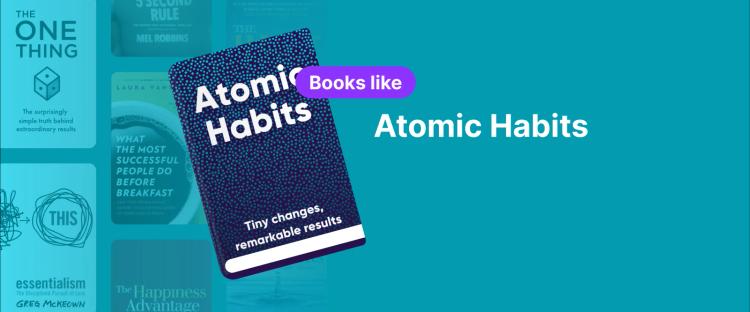Few books have fascinated the world the way Stephen Covey’s 'The Seven Habits of Highly Effective People' has. Published in 1989, the book caused almost a cultural revolution, introducing a fresh perspective toward productivity and wholesome living that had not been seen before. Little wonder it stayed at the top of the New York Times bestseller list for a record 250 weeks. Many people read it on their Kindles and order it from Amazon even today. It’s that popular.
This book also catapulted Covey to fame, establishing him as a sought-after speaker and management coach. Remarkably, Covey had written other books before 'Seven Habits' and even wrote more after its publication. However, none of his works matched the fame the book garnered. This begs the question: what made it so special?
Stephen Covey: The man behind the book
Stephen Covey’s is a story of humble Christian beginnings that morphed into a true public victory. Born in 1932 in Lake Salt City, Utah, Covey grew up in a predominantly religious household. His family was part of the Jesus Christ of the Latter Days Assembly and frequently worshipped there. In fact, years later, Covey would travel to the UK for a missionary assignment on behalf of the Mormon church.
“Happiness, like unhappiness, is a proactive choice.” — Stephen R. Covey
Young Covey had ambitions of competing in athletics. However, this dream was cut short when he was diagnosed with slipped capital femoral epiphysis. He then decided to explore debating and public speaking. He graduated from the University of Utah, obtaining a Bachelor of Science Degree in business administration, and subsequently obtained an MBA from Harvard University.

Between 1970 and 1989, Covey wrote several books, established the Covey Leadership Centre, and took up a number of key management positions. Then, in 1989, he published 'The Seven Habits of Highly Effective People.'
'Seven Habits' garnered several firsts, including being the first non-fiction audiobook to reach more than one million sales. The book has penetrated almost every corner of the world and has been translated into 38 languages and counting. It has become the go-to for people who seek first to arm themselves with knowledge before taking positive action.
Times Magazine recognized Covey as one of the 25 most influential Americans in 1996. In 2003, he was the recipient of the Fatherhood Award from the nonprofit organization The National Fatherhood Initiative, and in 2009, shortly before his death, he was inducted into the Utah Valley Entrepreneurial Forum Hall of Fame. In 1994, he was invited to Camp David by the then-president of the United States, Bill Clinton. After conversing with him, the former president praised Covey’s principles, endorsing them for rapid development.
Seven habits to change your life
'The Seven Habits of Highly Effective People' is a self-help book that explores the idea that your life choices have a direct impact on the quality of your life. It discusses seven habits/values that you can develop for productivity.
These habits include those that affect personal growth and further extend to others, which are necessary for interpersonal relationships. They finally culminate with the habits necessary for interdependence, i.e., relationships between businesses and organizations within any given society. Moving through the habits in order shows the progression from dependence to independence and finally to interdependence.
Dr. Covey makes a distinction between personality ethic and character ethic. He believes the latter is an indispensable factor for success, not only personally but also for those within your circle of influence.
Let’s explore the seven main principle-centered habits from Stephen Covey’s bestseller. You can dig even deeper into our summary of 'The Seven Habits of Highly Effective People' on the Headway app, boosting your self-improvement further.

Habit 1: Be proactive
“Until a person can say deeply and honestly, “I am what I am today because of the choices I made yesterday,” that person cannot say, “I choose otherwise” — Stephen R. Covey
The first habit emphasizes the importance of taking responsibility for your own actions and the choices you make in life. It’s one of the key elements of human dignity. Being proactive means understanding that you have the power to influence your environment rather than simply reacting to external forces.
This concept is connected to the idea that your response to what happens to you has a significant impact on your effectiveness and growth. By being proactive, you focus only on the things you can change and control, which are your thoughts and actions, leading to more positive outcomes and a greater sense of agency in your life.
Habit 2: Begin with the end in mind
Think carefully about your visions and values and clearly define them in your mind. By envisioning what you want to achieve, you can better align your actions and decisions with your ultimate goals. Covey suggests this will guide you with a sense of purpose and direction, making it more likely that you will achieve your aims.
Ultimately, this habit encourages you to live life by design rather than by default, becoming a personal mission statement that acts as your North Star.
Habit 3: Put first things first
The third habit focuses on the importance of prioritizing and managing your time around your most important goals. It might seem like common sense, but it’s surprising how many people overlook this principle. It's not just about organizing your tasks but aligning them with your deepest values. It’s vital to know the difference between tasks that seem urgent and those that are truly important.
This habit calls for disciplined time management to make a strong impact. By putting first things first, you become more effective by focusing on what is essential to your success and well-being. It’s the ultimate paradigm shift that moves you toward success.
"How different our lives are when we really know what is deeply important to us, and keeping that picture in mind, we manage ourselves each day to be and to do what really matters most." — Stephen R. Covey
Habit 4: Think win-win
Viewing relationships through the lens of cooperation and not competition is a habit that can be developed over time. It requires that you always work with the mindset that mutual benefit for all is a worthy enough goal to pursue, and it’s one that successful people focus on.
To cultivate this, begin by working on your character, and understand that a win for another person may not necessarily involve a loss for you. This mindset not only helps in achieving your own goals but also supports others in achieving theirs, creating a positive, productive environment.

Of course, this is in stark contrast with a win-lose mentality, which can lead to short-term gains but often damages relationships, teamwork, general human interactions, and long-term opportunities. This advice also extends to those within your circle of concern, as sharing this information for the first time will no doubt bring major revelations.
Habit 5: Seek to understand, then be understood
This principle emphasizes the importance of active listening and empathy in communication. It’s something that human beings throughout history have known but generally forget over time. Instead of pushing your own agenda or listening with the intent to reply, Covey believes in understanding the other person's perspective first. This approach fosters respect, openness, and better problem-solving.
By truly listening, you can see the world through others' eyes, appreciate their emotions, and significantly improve the quality of your relationships. This habit is crucial for effective interpersonal interactions and is a key part of our ingrained human nature.
Habit 6: Synergize
The next habit to pick up is to synergize. But what does that mean?
This principle states that the whole is greater than the sum of its parts. By synergizing, you can value differences and bring diverse perspectives together to create better solutions than you could have developed alone. It’s about open-mindedness and harnessing the power of team collaboration to achieve extraordinary results.

Through effective communication and genuine respect for others’ ideas, synergizing creates transformative solutions, sparking innovation and unlocking shared potential. This habit not only enhances productivity but also fosters a deeply inclusive environment where everyone feels valued and invested in the outcomes. It reduces reliance on a scarcity mentality and moves you toward one of growth and collaboration.
"Ineffective people live day after day with unused potential." — Stephen R. Covey
Habit 7: Sharpen the saw
The seventh habit is to "sharpen the saw." Here, Covey unveils the different areas of self-development. These include the physical, through exercises and good nutrition; the spiritual, through study and meditation; the mental, through reading, visualizing, and writing; and the social, through synergy and mutual interactions.
Covey uses the metaphor of a woodcutter who is too busy cutting trees to take time to sharpen his saw, which then reduces how effective he is. By regularly "sharpening the saw," you maintain and increase your own effectiveness by nurturing and enhancing yourself. So, take the time for exercise, reading, nurturing relationships, and meditation or prayer. Make these things a priority in your life, even if you have a long to-do list.
Discover Covey’s seven habits with Headway
Stephen Covey gifted the world the ultimate treasure when he wrote 'The Seven Habits of Highly Effective People.' People from all walks of life have experienced an improvement in their levels of productivity, relationships, and even personal lives simply by following Covey’s advice.

If you’re keen to change your life with the help of these seven useful habits, Headway is the place to go. In just 15 minutes, you can read or listen to a summary of this worldwide bestseller and discover vital insights that could revolutionize your existence.
Boost your personal development and uncover the habits of proactive people throughout history. You can join that celebrated group, boosting your mental health and productivity with seven easy steps.







